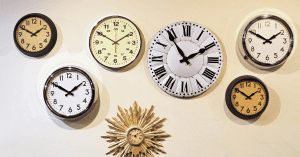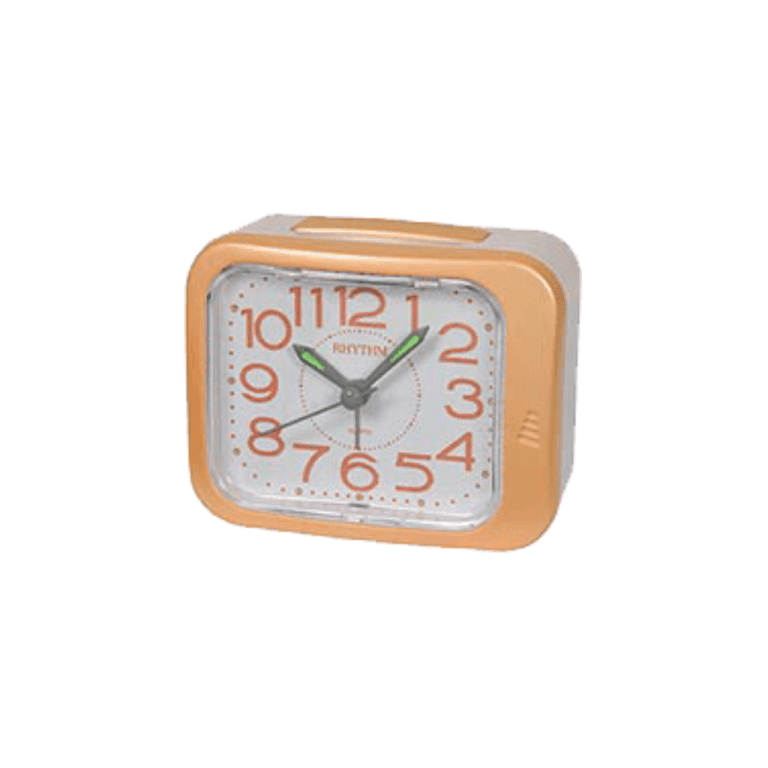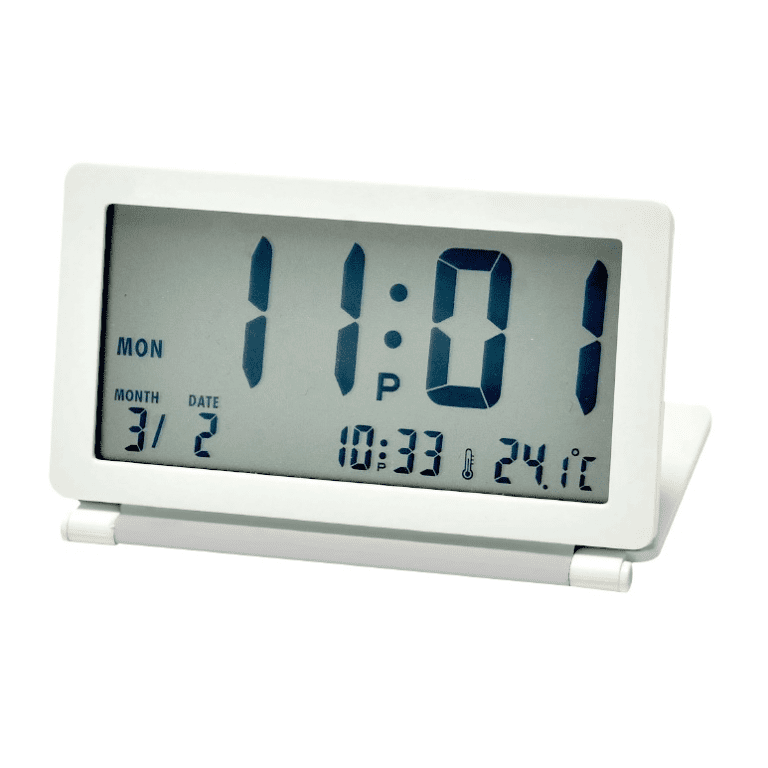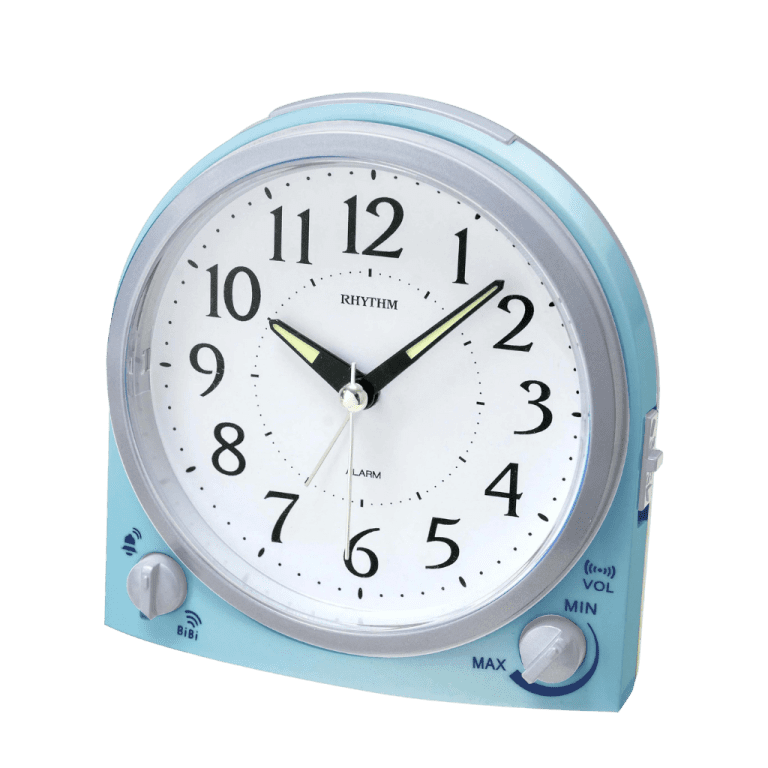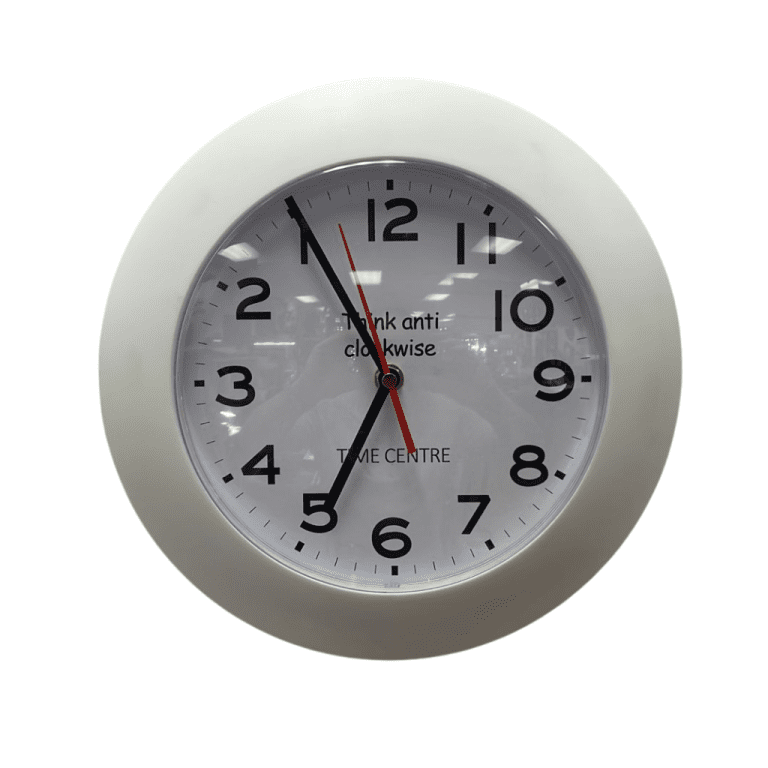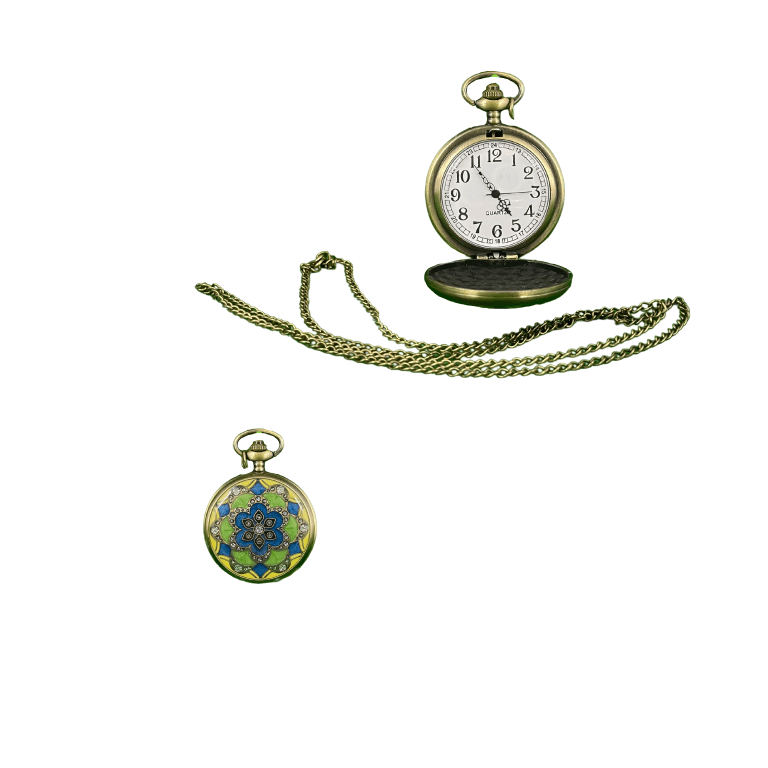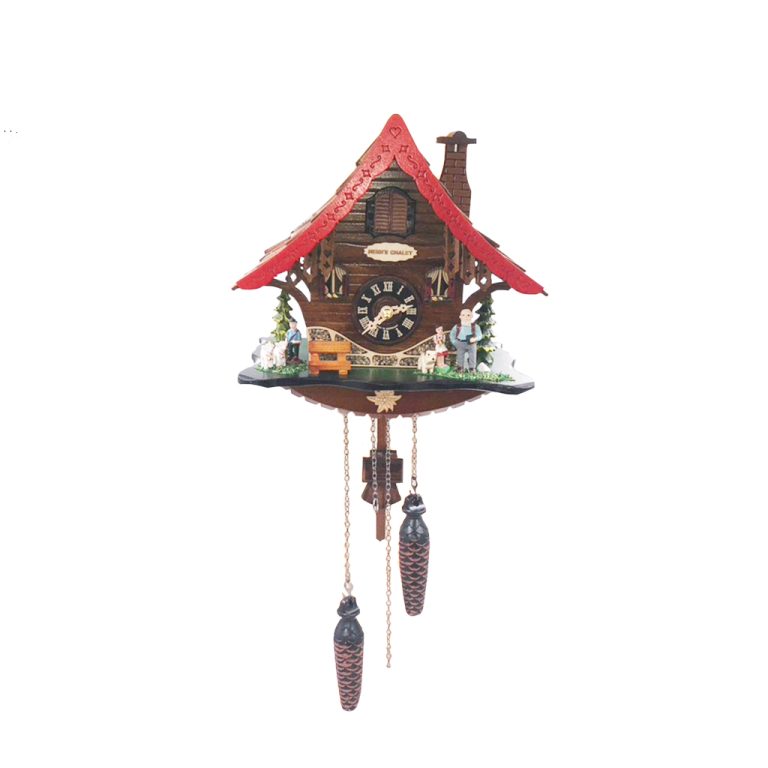There are numerous reasons nurses wear watches at work.
Watches are special, indispensable tools for nurses who need to keep track of various work-related activities.
As a nurse, you perform dozens of medical tasks daily.
These tasks include recording patient vitals, administering medications, lab charting, and performing pain assessments.
The most reliable watches for nurses provide significant convenience, so nurses manage their duties on time.
Here are some fundamental reasons nurses require high-quality watches for work.
1. Tracking/Recording Patient Vitals
One of the most common uses for medical watches is tracking vitals.
It includes vitals such as respiratory rate and apical pulse rates.
Watches with second counters provide accurate time tracking for better healthcare assessments.
Accurately tracking patient vitals provides nurses with valuable data about their health status.
It informs nurses of potential health irregularities when caring for patients dealing with trauma or injuries.
Therefore, vital assessments are crucial for proper patient care and could mean the difference between recovery and health decline.
Finally, vital tracking helps nurses identify if treatment/medication is effective, ineffective, or creating adverse reactions to the patient’s health.
2. Scheduling/Administering Medication
Medical watches allow nurses to keep track of time when providing medication to patients on a scheduled basis.
Therefore, watches help ensure that patients are given medication at proper time intervals.
Watches designed with an alarm or notification system can alert nurses of upcoming scheduled medications.
Sometimes, nurses administer a drug/medication/treatment over time.
For example, they may administer medication during an I.V. push (I.V. over 1 – I.V. over 5).
Nurses need to track how quickly/slowly the medication is administered in these situations.
Administering medications at the proper rate reduces a patient’s exposure to potential medical complications and health risks.
The drug distribution rate, medication, and physiological factors affect a patient’s health risk.
3. Performing Pain Assessments
Pain assessments/reassessments are common in the nursing field.
These assessments accurately evaluate a patient’s pain level to identify potential medical issues and track recovery progress.
Performing pain assessments is essential for determining whether a treatment or medication improves, worsens, or does not affect a patient’s condition.
Identifying the length and severity of the assessment is invaluable for future treatments.
4. Documentation/Lab Charting
Medical documentation and lab charting requires accurate timestamps and dates.
It includes proper timestamps for medical tests, treatments, physical assessments, and medical interactions.
A patient’s test/treatment needs to be charted and recorded to track their medical condition accurately during an assessment.
Therefore, watches ensure everyone correctly time stamps patient treatments and documentation.
Accordingly, measuring a patient’s progress and results over time is more challenging without accurate timestamps.
It also creates issues for record keepers and healthcare providers.
Inaccurate timestamps confuse a given treatment or medication, further complicating issues.
Finally, timestamps are essential for legal purposes.
Medical records require accurate data when administering medication/treatment or when medical professionals interact with patients.
5. Keeping Track of The Time
Aside from the benefits previously mentioned, owning a wristwatch allows nurses to keep track of the time.
A watch is a timepiece for staying on track and maintaining a timely schedule.
A Medical wristwatch’s convenience allows nurses to save valuable time by seeing the time quickly and efficiently.
It means nurses spend more time focusing on patient care and less time looking for a clock.
Owning a wristwatch is essential for proper time management for nurses who work in areas that lack clocks.
6. Notifications
In today’s era, notifications are the lifeline of busy healthcare providers.
They allow nurses to stay in touch with family members and receive critical updates while away from their phones.
Owning an affordable smartwatch that offers immediate notifications is becoming a must-have for nursing communities.
Notifications can be set up as alerts for essential reminders or received as text messages and phone calls.
It’s instrumental in healthcare settings where smartphones are prohibited.
Aside from personal use, nurses can also use notifications to remind them of essential medical-related tasks.
It includes reminders for administering medication, checking I.V. drips, managing multiple patients’ treatment, and other significant responsibilities.
7. Applications
Nurses love the Apple Watch and smartwatches because they provide more efficient applications to perform work responsibilities.
Simple applications such as a timer allow nurses to set up multiple timers for various tasks.
More advanced applications assist nurses with dosage calculations, medical terminology, and nurse-to-nurse communication.
With developers creating new applications daily, nurses find innovative ways to use their watches for work purposes.
8. Health Tracking
Health tracking is essential in daily life.
Smartwatches that offer excellent health-tracking features help nurses better manage their health and reduce stress levels.
Features such as step counting, calorie tracking, diet intake, exercise tracking, activity management, and sleep tracking provide detailed information allowing nurses to make better healthcare decisions.
Some smartwatches also provide pulse oximetry readings and vital historical records for tracking health over time.
These valuable tools are essential for nurses who lead busy lives and try to shape better.
What Type of Watch Should a Nurse Wear?
Registered nurses wear various watches to perform blood pressure checks, monitor vitals, track time, and perform other tasks.
It includes wristwatches, fob watches, pocket watches, lapel watches, digital watches, mechanical watches, and smartwatches.
The most helpful watch for registered nurses depends on their needs, comfort, and utility.
Smartwatches have become highly prevalent due to their functionality and communication usefulness.
These devices enable nurses to set timers to manage tasks effectively and switch between analog and digital watch faces.
It also tracks their health, receives notifications and phone calls, and utilizes practical applications to handle work duties.
Smartwatches offer plenty of versatility to accommodate different needs with unique fashionable designs.
Nevertheless, some registered nurses use mechanical, digital, pocket, or fob watches to manage essential time-oriented duties.
More traditional watches also minimize the opportunities for distractions that commonly occur with smartwatches.
Registered nurses can quickly glance at the time without notification, phone calls, or text messages on their watch faces.
Types of Watches Nurses Use:
- Wristwatches
- Fob watches
- Pocket watches
- Lapel watches
- Digital watches
Analog watches - Mechanical watches
- Smartwatches
Why do Nurses Wear Lapel Watches?
There are numerous reasons some registered nurses prefer lapel watches over wristwatches.
First, lapel watches free the wrists, allowing nurses and other professionals to quickly wash their hands and remain sanitary.
As a result, they don’t need to worry about attracting germs that can cause cross-contamination or harm their health.
They also don’t need to move or remove their watches or jewelry every time they wash their hands.
Secondly, keeping the wrists free of watches and jewelry benefits patients receiving surgery or delicate procedures.
It minimizes the risks of spreading germs, operation interference, or accidental debris/hazards from the watch itself.
Finally, some emergency/urgent care settings and surgical departments may prevent nurses from wearing wristwatches.
Being able to confine a lapel watch in scrubs during emergencies, surgical operations, or high-risk settings is essential.
Why do Nurses Wear Watches Upside Down?
Some nurses and specialists wear specific watches upside down, facing away from their view when attached to their clothing.
For instance, registered nurses may use a lapel watch with the face directed away from them on their shirts or pants.
These watches enable them to remain wrist and hands-free while performing medical and administrative duties.
The lapel watch is upside down while hanging from their clothing and is especially noticeable to others who observe it.
However, the registered nurse must lift the watch face and flip it towards them when looking at the time.
Flipping the watch face up and around puts it upright and at the proper angle to read the time accurately.
Why do Nurse Watches Need a Second Hand?
Traditionally watches with a second hand enabled nurses to track time more effectively.
These watches were very beneficial when performing blood pressure/heart rate checks or monitoring other vitals.
Nurses must accurately observe, assess, track, and chart a patient’s vital health.
Inaccurate timekeeping can incorrectly lead specialists to assume a patient has high/low blood pressure or other health issues.
Nevertheless, accurate digital and smartwatches provide alternative ways to perform accurate time-based assessments.
Many nurses have moved away from traditional second-hand watch designs due to more modern and functional devices.
However, some wristwatches and most fob, lapel, mechanical and analog watches still use the classic second-hand design.
Do Nurses Still Wear Watches Today?
Many nurses still find watches indispensable for performing various medical and administrative duties.
For instance, most nurses use their watches to keep accurate medical records and lab charting.
It’s also beneficial for keeping accurate vital health assessments and performing pain assessments.
Some nurses love the personal health tracking functionality for identifying potential health issues or progress.
Others enjoy the applications smartwatch offers.
Nurses use timers for medication dosages, messaging for communication, and work apps for effective task management.
Reasons Nurses Still Wear Watches:
- Lab charting
- Pain assessments
- Health vital assessments
- Multiple timer formats
- Personal health tracking
- Healthcare applications
- Medication dosage management
- Keeping accurate health records
- Notifications and communication
- Easy-to-read/customizable display
Without standard watches and smartwatches, nurses would have difficulty managing medical and administrative duties.
Anything that requires careful time management, vital health tracking, or communication would become more cumbersome.
As a result, high-quality, accurate watches are unlikely to go anytime soon for healthcare experts providing patient care.
Credited to : https://www.nursetheory.com/




